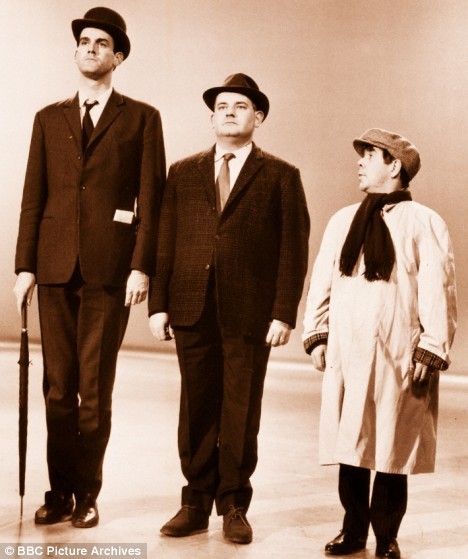 Ever since the Elizabethan poor laws — if not before — society has tended to
Ever since the Elizabethan poor laws — if not before — society has tended to
divide the poor into the deserving and the undeserving. But, as I write in this week’s magazine, our politicians are now taking aim at a new category, the undeserving rich.
Who you consider to be the undeserving rich depends on your ideological leanings. Russian oligarchs or the families of Middle Eastern despots are, perhaps, the most obvious examples. They have
acquired huge wealth but often by illegitimate means. Then come those who evade, to use a favourite phrase of both David Cameron and Ed Miliband, “their responsibilities”. This includes
those who dodge their taxes or — more controversially — the bankers who went back to paying themselves mega-bonuses only years after being saved from going bust by the taxpayer.
The “undeserving rich” pose a particular problem for David Cameron. First, they cut against his “we’re all in this together” rhetoric. Second, they make it politically
more difficult to do some of the things that are necessary to get the economy moving again. For instance, the behaviour of the undeserving rich make it far harder for the government to scrap the
50p rate which hits the far more numerous deserving rich, the acceptable faces of capitalism who represent this country’s best chance of returning to prosperity, just as hard as it does the
undeserving rich. Finally, the undeserving rich are undermining support for capitalism and helping create an anti-success, left-wing mood in the country.
For these reasons, it’s imperative that Cameron takes on this group. There are those who won’t like this, who’ll object to the idea of politicians sitting in moral judgment on
anyone, or opining on whose wealth is “deserved” or not. But if nothing is done, there’s a real danger that public revulsion at the undeserving rich will take this country further
to the left.







Comments